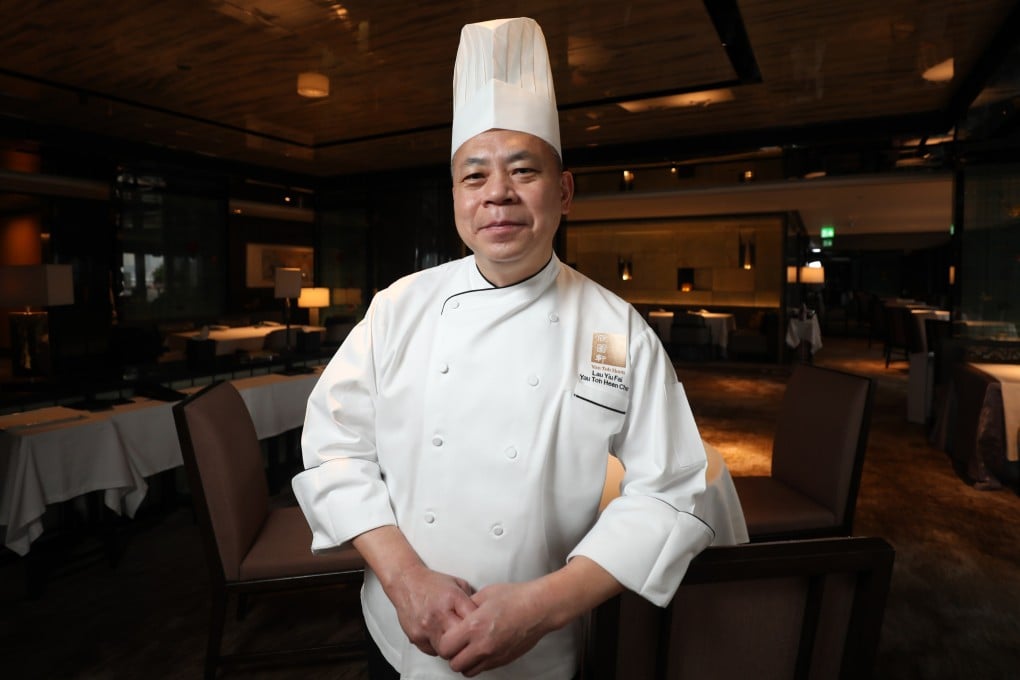Profile | Cooking Chinese food is like practising kung fu – you have to learn it the hard way, says Michelin-star chef in Hong Kong
- Lau Yiu-fai, executive chef of Yan Toh Heen in Hong Kong, reflects on working in Canada and compares kitchen training now to when he was younger
- The 62-year-old tells Bernice Chan how, when he was a young apprentice chef, the stir-fry chefs ‘would dump what you made on the table’ if they didn’t like it

“My mother and paternal grandmother were good cooks. When I was a child, my family had financial difficulties so just being able to eat made us happy. We ate family-style dishes like braised pork. I still like eating it today.
“I’m the second oldest, with two brothers and a younger sister. All four of us could not go to school because we could not afford to pay for tuition and textbooks back then.
“At the age of 14, I thought I should work, and I like to eat so I went into the restaurant business.
“You couldn’t just get a job, you had to know someone. Luckily my mother had connections at the first restaurant I worked at, Tai Sam Yuen [now closed].”

What was it like being an apprentice?
“If you teach young cooks now, they don’t necessarily want to learn. During our time, it wasn’t like that – if you were hard-working, then the master chef would teach you something.